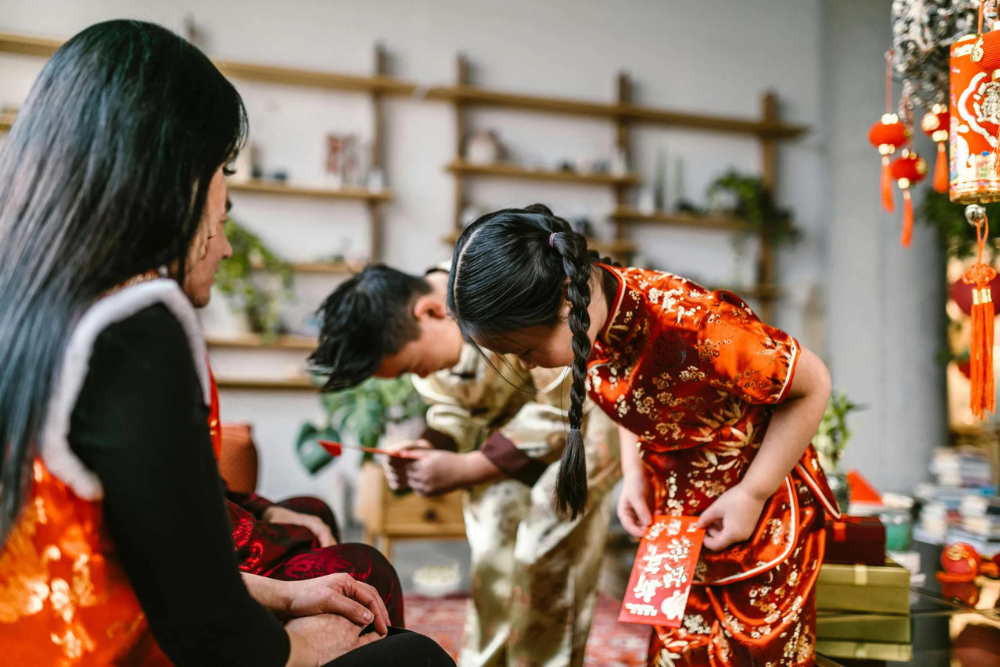From Curious Tourist to Culture-Loving Traveler
When I first landed in China, I imagined feasting on great food, riding bullet trains, and snapping photos of ancient temples. But what I didn’t expect was how important cultural etiquette would be to having a truly meaningful experience.
Here’s my honest, real-world guide on how to respect Chinese culture as a foreigner—what I got right, and the embarrassing lessons I learned along the way.
✅ DO: Greet with Politeness and Humility
In China, greetings are typically more reserved. A soft handshake or a gentle nod is perfectly respectful. Overly enthusiastic greetings may come off as intrusive.
Lesson Learned: I once greeted a hotel manager with a loud “Nǐ hǎo!” and a double-handed shake. He looked stunned. I quickly learned to match the calm, respectful energy locals prefer.
🚫 DON’T: Touch Heads or Point with Fingers
The head is considered sacred in Chinese culture. Avoid patting anyone on the head, especially elders or children.
Also, pointing directly at people or sacred objects with your index finger is frowned upon. Use an open hand to gesture—it’s more polite and culturally appropriate.
✅ DO: Learn Basic Table Manners
Dining in China is often a communal, ritual-like experience. Here are a few essentials:
- Never stick chopsticks upright in a bowl of rice—it resembles funeral offerings.
- Tap the table twice when someone pours you tea to show appreciation.
- Wait for the host to begin the meal before eating.
- Don’t take the last piece of food unless invited.
These small gestures go a long way in showing cultural respect.
🚫 DON’T: Bring Up Sensitive Topics
During a chat with a local guide in Xi’an, I casually brought up politics—and watched the conversation politely vanish.
Topics like politics, religion, or controversial history are best avoided. Instead, ask about food, festivals, or places to visit. These create stronger, more positive connections.
✅ DO: Dress Modestly at Temples
Temples in China, whether Buddhist, Taoist, or Confucian, are sacred spaces. When visiting:
- Cover your shoulders and knees
- Remove hats
- Stay quiet and respectful
I once entered a temple with headphones on—only to be gently reminded by a monk. A humbling moment, for sure.
🚫 DON’T: Skip Respect for Elders
Respecting age and hierarchy is central to Chinese values. In any group or family setting:
- Greet the eldest person first
- Serve elders before yourself during meals
It’s not just etiquette—it’s how deep respect is shown in everyday life.
Quick Travel Etiquette Tips for China
| ✅ Do This | 🚫 Avoid This |
| Carry your passport at all times | Taking photos without permission |
| Learn a few Mandarin phrases | Criticizing local customs |
| Use both hands when giving items | Bargaining aggressively |
| Smile and show appreciation | Tipping (not expected in most settings) |
Best Apps to Stay Culturally Aware
Traveling smart means using the right tools. These apps helped me navigate tricky moments and enhanced my cultural awareness:
- Pleco – A top-notch offline Mandarin dictionary with cultural notes.
- WeChat – China’s essential communication and mobile payment app.
- Dianping – Think of it as the Yelp of China—great for etiquette and local reviews.
Final Thoughts: Respect Opens Doors
Learning how to behave in China as a tourist is about more than just avoiding faux pas—it’s about embracing a new perspective.
By observing, listening, and adjusting your behavior, you’ll do more than just fit in—you’ll be welcomed. These small actions turned me from a clueless traveler into a guest people genuinely wanted to connect with.
So as you prepare to explore China, keep your mind open, your voice calm, and your respect visible. The deeper your understanding, the richer your experience will be.
Respect the culture. Receive the heart.






